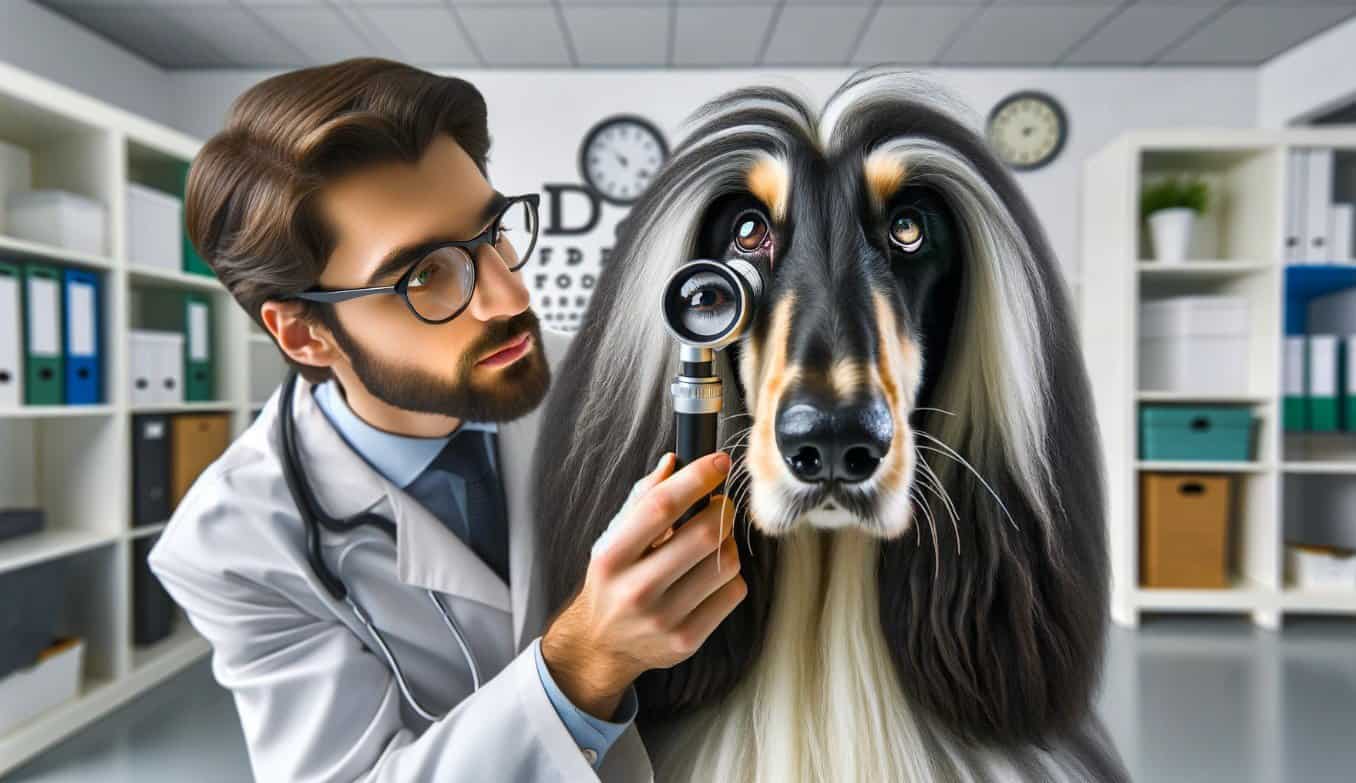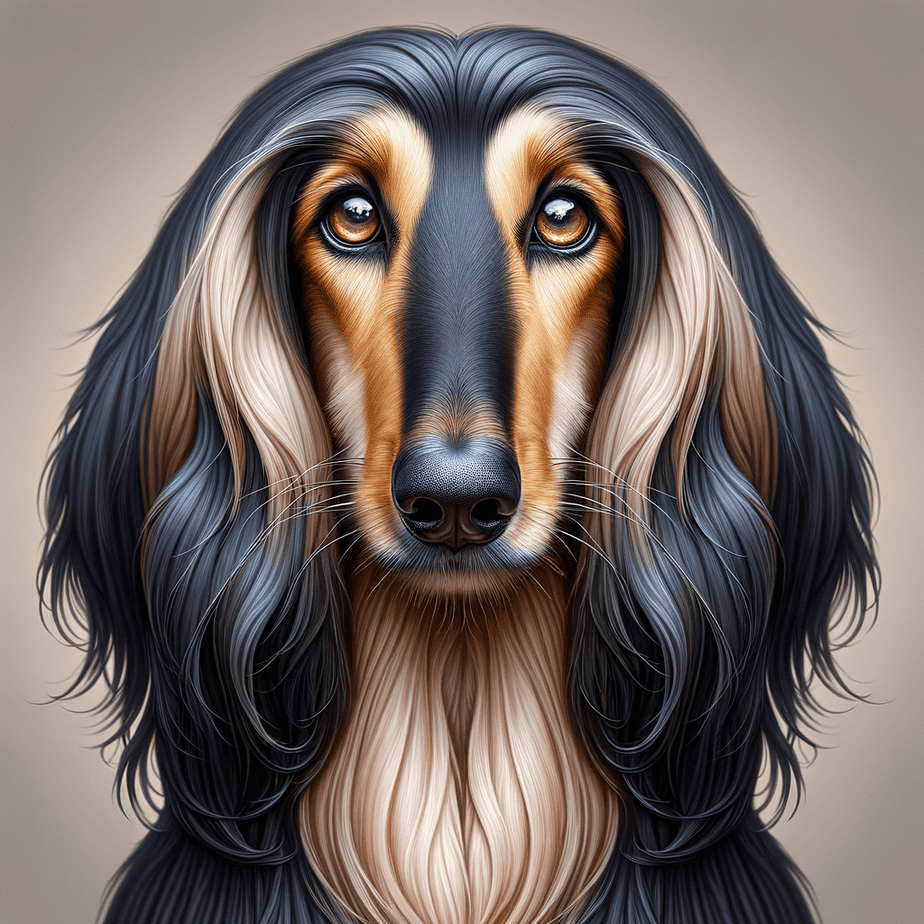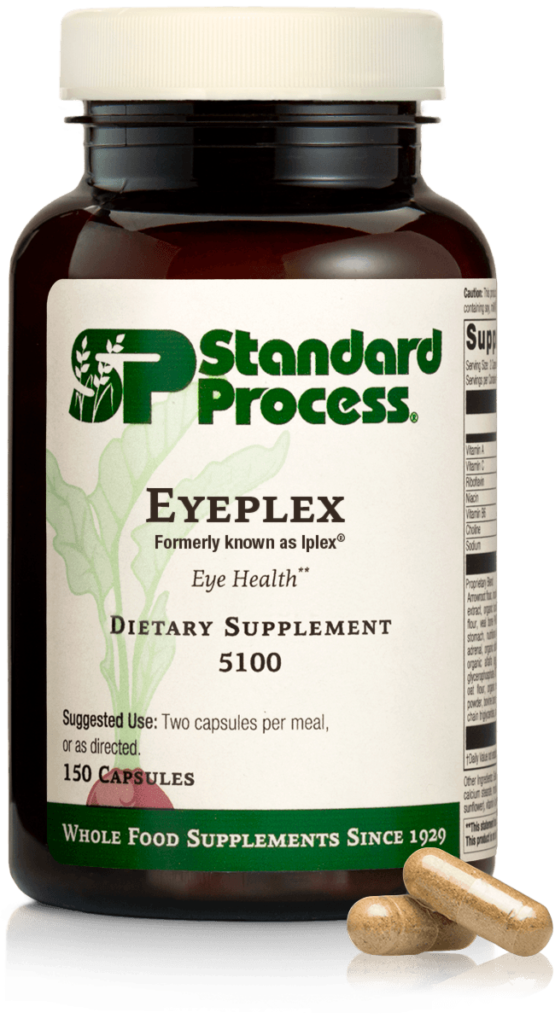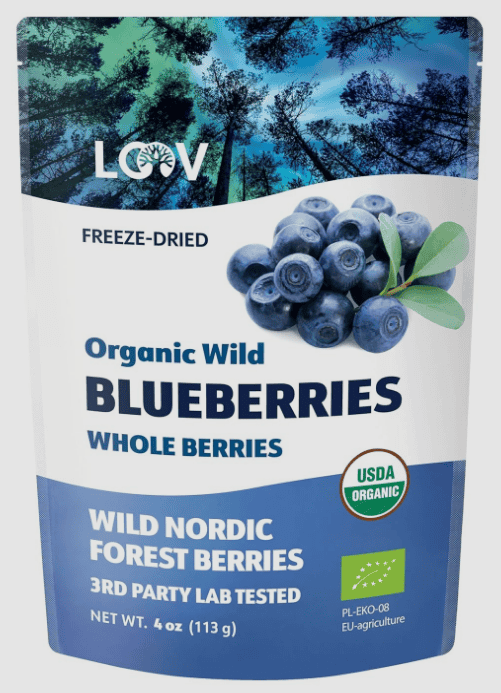Welcome, fellow dog lovers! Today, we’re diving into a topic that’s close to my heart – Afghan Hound Eye Health. As a holistic veterinarian, I’ve had the pleasure of caring for many beautiful Afghan Hounds, and I’ve seen firsthand how important eye care is for this breed.

Afghan Hounds are known for their stunning, soulful eyes. But with this beauty comes a unique set of health issues. Their specific eye structure makes them prone to certain diseases, which can be quite challenging for both the dog and their human companions. That’s why it’s so important to understand the common eye problems in Afghan Hound and how to prevent them.
From holistic diets rich in natural Vitamin A and antioxidants to environmental hygiene, there are many ways to help safeguard your Afghan Hound’s eye health. Regular care and maintenance, such as monitoring hair length and nail length, are also crucial. It’s all about creating a lifestyle that supports their overall wellbeing.
So, let’s get started! Whether you’re a seasoned Afghan Hound parent or considering adopting one, this guide will provide you with the essential knowledge to keep your furry friend’s eyes healthy and bright. Remember, your dog’s eyes are not just the window to their soul, but also a reflection of their overall health.
Let’s explore the world of Afghan Hound eye health and care together, shall we?

Understanding Breed Specific Eye Structure
As a holistic veterinarian, I want you to understand that the beauty of your Afghan Hound isn’t just skin deep – it extends right to their eyes. Afghan Hounds have a unique eye structure that sets them apart from other breeds, and understanding this will help you keep your furry friend’s eyes healthy.
Afghan Hounds are known for their almond-shaped eyes. These eyes are not just striking, but they also play a crucial role in the dog’s visual acuity. However, their unique shape and position can make them prone to specific eye health issues.
The eyes of Afghan Hounds are set relatively deep into their skull, giving them a distinct appearance. This deep-set nature provides them with excellent peripheral vision, a trait bred into them for their original purpose – hunting in the rough terrains of Afghanistan. However, this also means that their eyes are more exposed and susceptible to injuries and foreign bodies.
Additionally, Afghan Hounds have a “hooded” eye structure, where the upper eyelid droops over the eye. While this gives them a mysterious and alluring look, it can also lead to potential health issues. The drooping eyelid can trap dust and debris, leading to irritation or infection.
Also, the long and silky hair that Afghan Hounds are famous for can sometimes cause problems. The hair can easily fall into their eyes, causing discomfort and potentially leading to more serious problems like corneal ulcers.
Understanding these breed-specific eye structures is the first step towards ensuring the eye health of your Afghan Hound. By recognizing that their unique eye structure can make them more prone to certain types of eye issues, you can be proactive in preventing these problems. Their eyes aren’t just an integral part of their striking appearance, they’re a critical part of their overall health and wellbeing.
Common Eye Issues In Afghan Hound
As a veterinarian, I can tell you that maintaining Afghan Hound eye health is crucial for this breed’s overall well-being. Afghan Hounds have unique eye structures that make them more susceptible to certain eye conditions. Let’s discuss some of the most common eye issues that these beautiful dogs often encounter.
- Cataracts: Similar to humans, Afghan Hounds can also develop cataracts. This condition clouds the lens of the eye, causing blurred vision and, if untreated, can lead to blindness.
- Progressive Retinal Atrophy (PRA): This genetic condition is unfortunately common in Afghan Hounds. PRA gradually leads to the degeneration of the retina, causing night blindness and eventually complete loss of sight.
- Corneal Dystrophy: This is an inherited condition that affects the cornea, the clear front surface of the eye. In Afghan Hounds, it usually presents as small, white, crystal-like deposits on the cornea. Over time, these can cause discomfort and vision impairment.
- Entropion: This condition causes the eyelid to roll inward, leading to irritation as the lashes rub against the cornea. It’s painful and can cause corneal ulcers or perforations if not treated promptly.
Each of these conditions can significantly impact an Afghan Hound’s quality of life, so it’s essential to monitor your dog’s eye health closely. Regular veterinary check-ups can help catch these conditions early and ensure your dog gets the necessary treatment. Remember, early detection is key when it comes to maintaining Afghan Hound eye health.
Aside from these inherited conditions, Afghan Hounds can also experience common eye problems like conjunctivitis (pink eye), dry eye, or eye injuries due to their long hair. Regular grooming and eye cleaning can help prevent these issues.
It’s also worth noting that symptoms like redness, discharge, cloudiness, or changes in your dog’s behavior (like bumping into things or being reluctant to go out in the dark) can all be signs of eye problems. If you notice any of these, don’t hesitate to consult your vet immediately.
As a dog parent, understanding these common eye issues can help you stay vigilant about your Afghan Hound’s eye health and ensure they get the best possible care.

Nourishing Your Dog’s Vision: Essential Nutrients for Eye Health
Ensuring your Afghan Hound gets the right nutrients for optimal eye health is essential for maintaining clear vision and preventing age-related issues. Natural, nutrient-rich foods and supplements can play a key role in supporting their eyesight. From vitamin A-packed freeze-dried liver treats to antioxidant-rich blueberries and targeted supplements like Eyeplex by Standard Process, there are several ways to nourish your dog’s eyes. In this section, we’ll explore how these powerful ingredients contribute to long-term vision health and overall well-being.
Eyeplex by Standard Process
Eyeplex by Standard Process is a specialized supplement designed to support your Afghan Hound’s eye health with a blend of essential nutrients. Formulated with key vitamins, minerals, and antioxidants, Eyeplex helps protect against oxidative stress, supports retinal function, and promotes overall vision health. Ingredients like vitamin A, vitamin C, and zinc contribute to maintaining strong eyesight, while whole food ingredients provide additional phytonutrients for cellular protection. Adding Eyeplex to your Afghan Hound’s diet can be especially beneficial for aging dogs or breeds prone to eye conditions, offering targeted nutritional support to keep their vision sharp and healthy for years to come.

Freeze-Dried Blueberries
Freeze-dried blueberries are a powerhouse of antioxidants that can help protect your Afghan Hound’s eyes from oxidative stress and age-related damage. Rich in vitamins C and E, as well as anthocyanins, these tiny but mighty berries help combat free radicals that can contribute to eye diseases like cataracts and macular degeneration. Incorporating freeze-dried blueberries into your dog’s diet provides a natural and delicious way to support retinal health, reduce inflammation, and promote overall vision longevity. Plus, they’re a low-calorie, dog-friendly treat that makes a great addition to a balanced diet for long-term eye health.

Freeze-Dried Liver
Freeze-dried liver treats are an excellent natural source of vitamin A, an essential nutrient for your Afghan Hound’s eye health. Vitamin A plays a crucial role in maintaining good vision, especially in low-light conditions, while also supporting overall immune function and skin health. Since liver is rich in bioavailable vitamin A, incorporating freeze-dried liver treats into your dog’s diet provides a convenient and nutritious way to promote optimal eye function. Just be sure to feed them in moderation, as excessive vitamin A can lead to toxicity. Adding these nutrient-packed treats to your pup’s routine is a simple, tasty way to support their long-term vision and well-being!

By prioritizing your Afghan Hound’s eye health through a balanced diet and nutritional supplements, you can help prevent many common eye issues. These simple steps can go a long way in ensuring your pup’s eyes stay healthy and clear for years to come.
Environmental Hygiene To Reduce Eye Problems
Just like humans, Afghan Hounds can suffer from eye problems due to poor environmental conditions. Ensuring a hygienic environment for your Afghan Hound is a crucial part of maintaining their eye health.
Indoor Air Quality
The quality of air in your home directly affects your Afghan Hound’s eye health. Dust particles, mold spores, and other allergens in the air can cause irritation and even lead to eye infections. Here’s what you can do to improve indoor air quality:
- Regular Cleaning: Regularly clean your home to reduce dust and allergens. Pay special attention to your Afghan Hound’s favorite spots.
- Air Purifiers: Consider investing in an air purifier. They can remove harmful particles from the air, reducing the risk of eye irritation.
- Good Ventilation: Ensure your home is well-ventilated. Open windows when weather permits and use exhaust fans in the kitchen and bathroom to remove moisture and reduce mold growth.
Sprays, Diffusers, Candles, Incense
While you might enjoy the scent of air fresheners, candles, and incense, these products can irritate your Afghan Hound’s eyes. Their eyes are quite sensitive, and exposure to strong fragrances or smoke can cause redness, tearing, and discomfort.
- Limit Use: Limit the use of these products, especially in areas where your Afghan Hound spends most of their time.
- Natural Alternatives: Consider using natural alternatives like essential oils. However, be aware that some essential oils can be toxic to dogs, so always do your research first.
- Smoke-Free Environment: Ensure your home is a smoke-free environment. Second-hand smoke can cause a host of health problems for your Afghan Hound, including eye irritation.
Remember, a clean and healthy environment is not just beneficial for your Afghan Hound’s eyes but also for their overall health. Regularly check your dog’s eyes for any signs of irritation or infection, and consult with your vet if you notice anything unusual. With proper environmental hygiene, you can significantly reduce the risk of eye problems in your Afghan Hound and ensure they have bright, clear eyes to see the world around them.

Maintenance and Hygiene to Prevent Eye Issues
Our beloved Afghan Hounds are not just pets, they’re part of our family. And just like any family member, we want them to be healthy and happy. Their eye health is a critical part of their overall well-being. Let me share some tips on routine care and maintenance to help keep your Afghan Hound’s eyes in top condition.
Daily & Weekly Care & Maintenance
Regular eye care is essential for your Afghan Hound. Their eyes should be checked daily for any signs of redness, swelling, or discharge. If you notice anything unusual, it’s best to get it checked by a vet as soon as possible.
Here are some daily and weekly care tips:
- Use a soft, damp cloth to gently clean around your dog’s eyes. This helps remove any debris or buildup.
- Ensure your Afghan Hound’s eyes are clear and bright. Cloudiness could indicate a health issue.
- Check for any changes in color or size of the pupils.
- Look at the whites of their eyes. They should be white, not red or yellow.
- Once a week, use a vet-approved eye wash or saline solution to rinse your dog’s eyes. This helps keep them clean and irritation-free.
Monitor Hair Length, Nail Length, Bath Frequency
The unique physical characteristics of Afghan Hounds can also affect their eye health. Here’s what to watch out for:
- Hair Length: Afghan Hounds are known for their long, silky hair. However, if the hair around their eyes grows too long, it can irritate their eyes. Regular trimming can prevent this.
- Nail Length: Long nails can scratch the eyes, leading to injuries. Regular nail trimming is therefore essential.
- Bath Frequency: When bathing your Afghan Hound, take care to avoid getting soap or shampoo in their eyes as this can cause irritation.
Remember, regular vet check-ups are also crucial for maintaining your Afghan Hound’s eye health. A professional can spot potential issues early, which can make a big difference in treatment outcomes.
Eye health is just one aspect of your Afghan Hound’s overall well-being. By taking good care of their eyes, you’re helping ensure they lead a happy, healthy life.
Frequently Asked Questions
1. What are common eye conditions that Afghan Hounds may experience?
Afghan Hounds are prone to several eye conditions, including cataracts, progressive retinal atrophy (PRA), corneal dystrophy, and dry eye.
2. How can I identify if my Afghan Hound is suffering from an eye problem?
Watch out for symptoms such as redness, excessive tearing, cloudiness, squinting, frequent blinking, or any changes in your dog’s vision. If you notice any of these signs, it’s important to consult a veterinarian.
3. Can eye conditions in Afghan Hounds be treated?
Many eye conditions in Afghan Hounds can be managed or treated, depending on the specific condition. It is crucial to seek professional veterinary advice for an accurate diagnosis and appropriate treatment plan.
4. How can I prevent eye problems in my Afghan Hound?
Regular eye examinations by a veterinarian are essential to catch any potential eye problems early on. Additionally, keeping your Afghan Hound’s eyes clean, avoiding exposure to irritants, and providing a balanced diet can contribute to maintaining good eye health.
5. Are there any specific solutions for dry eye in Afghan Hounds?
Yes, there are various treatment options for dry eye in Afghan Hounds, including artificial tear solutions, medications to stimulate tear production, and in severe cases, surgical procedures. Consult a veterinarian to determine the most suitable solution for your dog.
